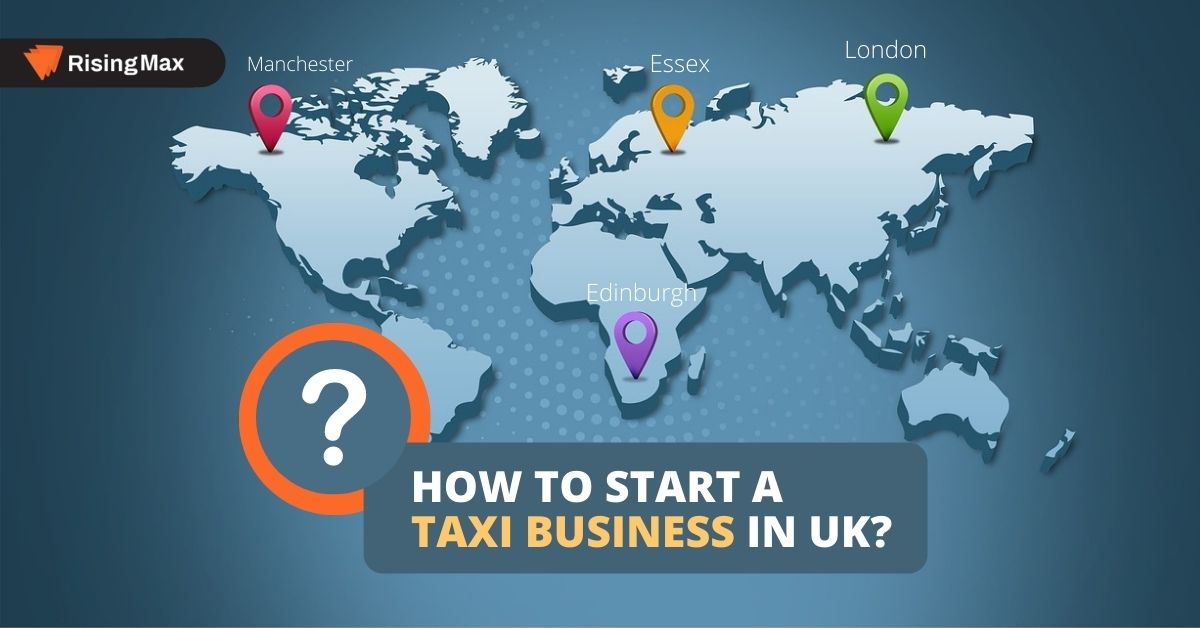How Blockchain Technology Can Benefit the (IoT) Internet of Things

There are so many latest technologies driving the next wave of digital transformation. Blockchain, IoT, and Artificial Intelligence hold a huge potential to increase productivity and efficiency in businesses.
But have you wondered what would happen if such technologies get integrated? Each technology presents exciting opportunities; we can call them truly transformational: IoT, AI, and Blockchain.
When integrated, these three have the potential to bring a huge difference among businesses as a whole. This article will discuss how potential blockchain and its addition to other emerging technologies like AI and IoT will make a difference.
NFT based Youtube & Netflix OTT Platform Development
Artificial Intelligence and Blockchain
Blockchain and artificial intelligence (AI) are on the list of game-changing technologies poised to reshape industries. Both technologies have a lot of advantages, but they also have their own set of challenges when it comes to adoption. It's also fair to say that the hype surrounding each of these technologies is unprecedented, so some may see the idea of combining these two ingredients to transform the business.

AI is now a centralized process. An end-user must trust the central authority to produce a reliable business outcome. Blockchain can provide the trust and confidence that end-users need to fully adopt and rely on AI-based business processes by decentralizing the three key elements of AI: data, models, and analytics.

Let's look at how blockchain can help AI by adding trust to data, models, and analytics.
Your Information Is Your Information
Many of the world's most well-known AI technology companies are centralized, including Amazon, Apple, Facebook, Google, Alibaba, Baidu, and Tencent in China. Nonetheless, they've all had trouble establishing trust with their eager but cautious users. How can a company encourage its customers who haven't gone too far?
Imagine if these AI services could generate a "forensic report" that could prove to you, beyond a reasonable doubt, how and when businesses are using your data once it's been ingested. Consider the possibility that your data could only be used with your permission.
A blockchain ledger can be used as a digital rights management system, allowing you to "license" your data to an AI provider on your terms, conditions, and timeframe. The ledger would serve as an access management system, storing the proofs and permissions that allow a company to access and use users' information.
AI Models That Can Be Trusted
Consider how blockchain technology can be used to provide trusted data and provenance for machine learning training models. In this case, we've devised a make-believe system to determine whether the fruit is an apple or an orange.
This question-answering system that we create is known as a model, created through a process known as training. The goal of training is to develop an accurate model that, most of the time, answers our questions correctly. Of course, we need data to train a model, which in this case could be the color of the fruit (as a wavelength of light) and the sugar content (as a percentage).
With blockchain, you can see an audit trail of the evidence that led to the prediction of why a particular fruit is classified as an apple versus an orange and track the provenance of the training data. If apples are the more expensive of the two fruits, a company can show that it is not "juicing up" its books by labeling fruit as apples more often.
AI Decisions Explained
The European Union has passed legislation requiring that any decision made by a machine be easily explainable or face fines of billions of dollars. The EU General Data Protection Regulation (GDPR), which took effect in 2018, includes a right to an explanation of algorithmic decisions and a right to opt-out of some algorithmic decisions entirely.
A massive amount of data is produced every second — far more data than humans can assess and use as a basis for conclusions. On the other hand, AI applications can analyze large data sets with many variables while learning about or connecting those relevant variables to their tasks and objectives.
As a result, AI continues to be adopted in various industries and applications, and we are increasingly reliant on its results. However, any AI decisions must be double-checked by humans for accuracy.
The provenance, transparency, understanding, and explanations of those outcomes and decisions can all be improved with blockchain. The inherent characteristics of blockchain will make auditing decisions and associated data points much easier if they are recorded via transactions on a blockchain.
Infusing blockchain into AI decision-making processes could be the element needed to achieve the transparency needed to fully trust the decisions and outcomes derived from AI. Blockchain is a key technology that brings trust to transactions in a network; therefore, incorporating blockchain into AI decision-making processes could be the element needed to achieve the transparency needed to fully trust the decisions and outcomes derived from AI.
NFT Minting Website Development Company
The Internet of Things (IoT) & Blockchain
The Internet of Things already includes over a billion intelligent, connected devices. With hundreds of billions more expected to be produced, we are on the verge of a transformation that will affect the electronics industry and many other fields.
Industries can now capture data, gain insight from the data, and make decisions based on the data, thanks to advancements in IoT. As a result, the information obtained has a high " trust level." But the real question is: do we know where this data came from, and should we be making decisions and transacting based on information that we can't verify?
Did the weather data come from a censor in the Atlantic Ocean, for example, or did the shipping container not exceed the agreed-upon temperature limit? The number of IoT use cases is enormous, but they all have the same trust issue.
IoT combined with blockchain can provide real trust in the data collected. The underlying concept is to give devices an identity at the time of manufacture that can be validated and verified using blockchain throughout their lifecycle. Blockchain technology capabilities that rely on device identity protocols and reputation systems have a lot of potential for IoT systems.
Each device can have its blockchain public key and send encrypted challenge and response messages to other devices using a device identity protocol, ensuring that the device retains control of its identity. A device with an identity can also develop a reputation or history, which can be tracked by a blockchain.
A blockchain network's business logic is represented by smart contracts. These smart contracts execute themselves according to the network's rules when a transaction is proposed. Smart contracts can play a critical role in IoT networks by automating transaction and interaction coordination and authorization. IoT was created with the goal of surfacing data and providing actionable insight at the right time.
Smart homes, for example, are now a thing of the past, and almost everything can be connected. When something goes wrong with IoT, these devices can even take action, such as ordering a new part. We need a way to control what these devices do, and smart contracts are an excellent way to do so.
A community in Brooklyn, New York, uses a blockchain to record solar energy production and enable the purchase of excess renewable energy credits in an ongoing experiment I've been following. Through its history of records and exchange, the device develops an identity and a reputation. People can pool their purchasing power more easily with the blockchain, share the maintenance burden, and trust that devices are recording actual solar production.
The ability to autonomously manage devices and actions taken by devices will become increasingly important as IoT evolves and adoption grows. Smart contracts and blockchain are well-positioned to integrate these capabilities into IoT.
New Technology's Crossroads
Blockchain is at the intersection of IoT, AI, and Cloud technologies. It can add the missing element of trust that these technologies currently lack. The diversity of users helps to build trust.
Unlike a database with a single administrator, a blockchain allows a group of administrators to "referee" the data, ensuring that no single administrator can change or delete data maliciously or accidentally.
Once the administrators reach a consensus, the data is secured in cryptographically "chained" blocks to one another, forming a tamper-resistant ledger.
The trust in data is dramatically increased when AI, IoT, and Cloud use blockchain to track provenance, proofs, and permissions associated with data used and emanating from these systems.
This trust will enable IoT, AI, and Cloud adoption without fear of compromise, ushering in a new era of application and adopting these technologies to improve people's lives.
We put our faith in data... after a little blockchain, that is.
















